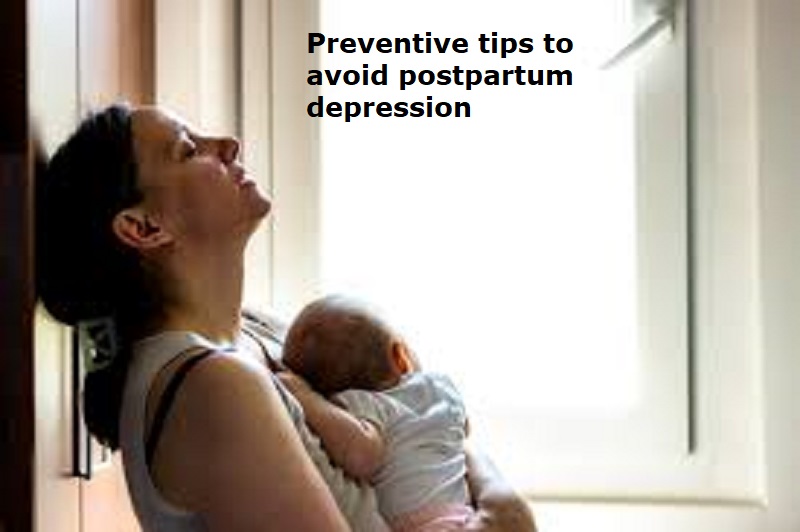
Postpartum depression is increasing among women in our society. Postpartum means ‘the time after childbirth’. Most women feel ‘baby blues’ after delivery. Baby blues is feeling sad or empty, within a few days of giving birth. As per studies, about 1 out of every 10 of these women will develop a more severe and longer-lasting depression after delivery. About 1 in 1,000 women develop a more serious condition called postpartum psychosis.
Postpartum depression (PPD) is a complex mix of physical, emotional, and behavioral changes that happen in some women after giving birth. It is a form of major depression that begins within 4 weeks after delivery.
Early recognition is crucial for managing postpartum depression and ensuring the well-being of both mother and child.
Here are some preventive tips:
1. Regular prenatal care
Ensures that both the mother and the baby are healthy, provides opportunities to discuss mental health concerns, and prepares the mother for childbirth and postpartum changes. Attend all scheduled prenatal appointments and actively participate in prenatal classes. Discuss any concerns or mental health history with your healthcare provider.
2. Maintain a balanced diet
Eat a variety of fruits, vegetables, lean proteins, whole grains, and healthy fats. Stay hydrated and avoid excessive caffeine and sugar.
3. Engage in regular exercise
Exercise releases endorphins, which are natural mood lifters, and help reduce stress. Aim for moderate activities like walking, swimming, or prenatal yoga most days of the week
4. Get adequate sleep & rest
Proper rest is crucial for mental and physical recovery postpartum. Prioritise sleep by napping when the baby sleeps and creating a restful bedtime routine. Accept help from others to get more rest.
5. Build a strong support network
Emotional support from family, friends, and community can reduce feelings of isolation and stress. Stay connected with loved ones, join a new mothers’ group, and don’t hesitate to ask for help when needed.
Also Read: These Lifestyle Habits Can Affect Your Hormones
6. Seek counselling or therapy
Professional support can provide strategies to cope with stress and emotional changes. Consider seeing a therapist or counsellor during pregnancy, especially if you have a history of depression or anxiety.
7. Learn stress management
Reducing stress can lower the risk of developing PPD. Practice mindfulness, meditation, deep breathing exercises, or progressive muscle relaxation regularly.
8. Plan for postpartum support
Knowing that help is available can ease anxiety and reduce the feeling of being overwhelmed. Arrange for family or friends to assist with household tasks, meals, and childcare after the baby is born.
9. Set realistic expectations
Reducing pressure on yourself can decrease feelings of inadequacy and stress. Understand that it’s normal for new mothers to face challenges. Focus on small, manageable tasks and celebrate small victories.
10. Monitor mental health
Early detection and treatment can prevent PPD from worsening and improve recovery outcomes. Be aware of the signs of PPD (such as persistent sadness, withdrawal, or difficulty bonding with the baby). If symptoms appear, consult your healthcare provider immediately for advice and possible treatment options.

Post Your Comments